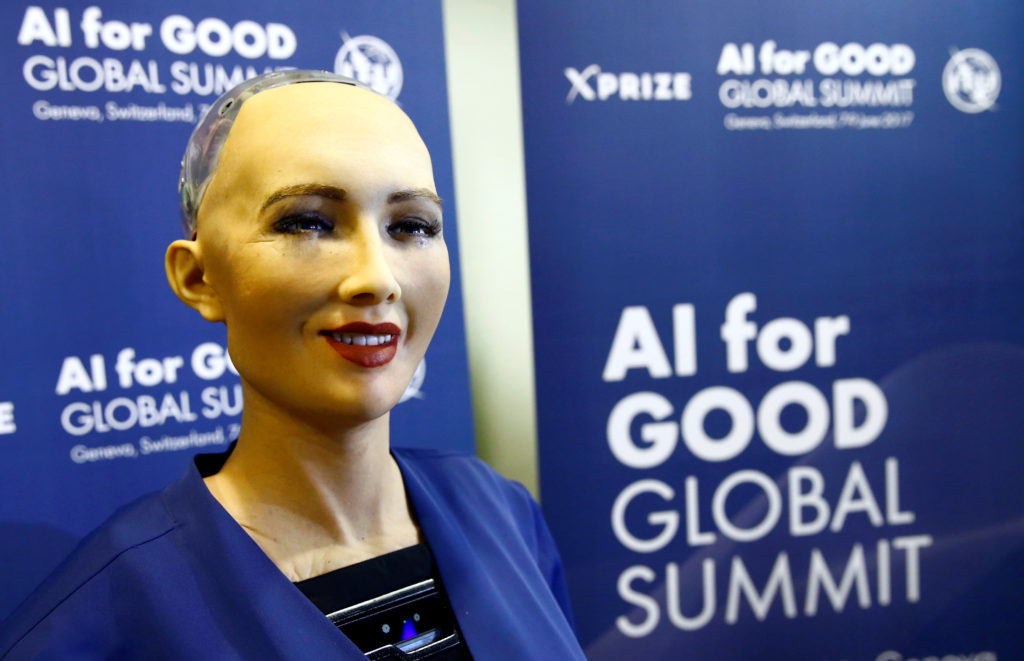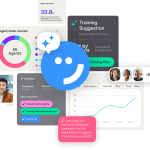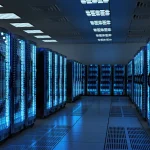How Artificial Intelligence Is Destroying Our Lives: The Toxic Truth About AI, Burnout, and the Death of Human Creativity
By Andrew Palmer | October 2025
The illusion of convenience
Artificial Intelligence was supposed to save us time, sharpen our thinking, and make life effortless. Instead, it’s quietly doing the opposite. Behind every smart chatbot and predictive algorithm lies an industry that drains resources, replaces real people, and pushes society toward exhaustion.
Today, millions use tools like ChatGPT, Gemini, or Meta’s bots without realizing that these “helpers” are reshaping not only how we work—but who we are.
How is AI destroying people’s lives?
Artificial intelligence is harming people in four major ways: it consumes vast environmental resources, replaces creative and professional jobs, spreads misinformation that weakens trust, and fuels a toxic culture of burnout and dependency. In plain English, AI is turning humans into the very machines it was meant to serve—making us faster, but far less fulfilled.
The environmental toll
Every AI query feels weightless, yet the infrastructure behind it is immense. A single chatbot response can use as much water as a bottle of drinking water. Multiply that by billions of daily prompts, and the ecological cost becomes staggering.
Virginia Tech professor Walid Saad warns that data centers running these systems “consume a large amount of electricity and water.” The carbon footprint of training large models already rivals that of entire nations. As AI grows, so does its hidden thirst.
The human cost of automation
Automation once promised liberation. Now it feels like quiet replacement.
Recruiters routinely dismiss concise resumes as “AI-written,” penalizing neurodivergent applicants who naturally write in direct, factual tones. Artists, photographers, and video editors see their livelihoods eroded by generative software that corporations prefer because it’s cheap.
Assistant Professor Ali Shojaei notes, “As drones and automated systems take over inspections, people worry about displacement. Efficiency is essential, but so is remembering the workers behind those tasks.”
What began as innovation has turned into insecurity.
AI and the burnout generation
AI was built to lighten workloads—but the people building it preach the opposite.
Andrew Feldman, CEO of the $8 billion AI-chip firm Cerebras Systems, recently told entrepreneurs that greatness requires “every waking minute.” Google’s Sergey Brin claims 60 hours a week is “the sweet spot.” LinkedIn’s Reid Hoffman insists founders who talk about balance “aren’t committed to winning.”
Together, they’ve defined the AI grindset—a worldview where rest equals weakness and work-life balance is a myth.
“It’s not about logging hours. It’s about being consumed by the work,” Feldman says.
Ironically, the same technology designed to automate labor now glorifies burnout as a badge of success. AI hasn’t freed us—it’s made us compete with it.
The erosion of creativity and connection
On campuses and in offices, collaboration is fading. Brainstorming sessions stall as participants defer to a chatbot for ideas. “I don’t want to work with a bot—I want to work with a person,” one student admits.
Computer-science researcher Eugenia Rho warns that over-reliance on large language models “risks diminishing critical thinking skills.” Worse, AI’s polished replies may one day feel preferable to the messiness of human conversation. The more we outsource our words, the less we remember how to use them.
The paradox of progress: when smarter machines make dumber societies
We were told smarter machines would make us wiser. Instead, they make us complacent. Each algorithmic recommendation narrows our curiosity; every instant answer replaces reflection. As people stop asking questions, intelligence becomes something we consume—not something we practice.
The paradox of progress is stark: the smarter our tools become, the less we need to think. And when thought is optional, so is understanding.
Losing touch with reality
Deep-fake images and AI-generated videos have made truth negotiable. Ella Atkins, head of Aerospace and Ocean Engineering at Virginia Tech, calls AI “a potential tool for propaganda.” She asks, “How do we distinguish fact from fiction when both are presented so similarly?”
The danger isn’t in machines lying—it’s in humans believing them. When every photo, voice, or quote could be synthetic, trust becomes collateral damage.
Reclaiming humanity in a machine age
AI is not inherently evil. The same systems diagnosing cancers or powering prosthetics also threaten jobs and mental health. The challenge, as Dylan Losey puts it, is building “human-centered systems” that respect ethics, equity, and sustainability.
Technology should serve humanity, not replace it. But doing so means rejecting the myth that faster equals better. If progress costs our creativity, our empathy, and our peace, then maybe it isn’t progress at all.
Artificial intelligence promised to make life easier. Instead, it has made us question what being human even means.
People Also Ask
What are the negative effects of AI on humans?
AI drains natural resources, replaces jobs, fuels misinformation, and promotes dependency that dulls creativity and emotional intelligence.
Is AI making people lazy?
AI isn’t inherently making people lazy, but constant reliance on it reduces curiosity and critical thinking, leading to mental passivity.
How does AI affect jobs and creativity?
Automation replaces human roles in writing, design, and media. It cuts costs but strips individuality from creative industries.
Can AI ever replace real human intelligence?
AI can mimic logic and language, but it lacks empathy, morality, and self-awareness—the foundations of genuine human intelligence.
Artificial intelligence may rule our devices. Whether it rules our lives is still up to us.












